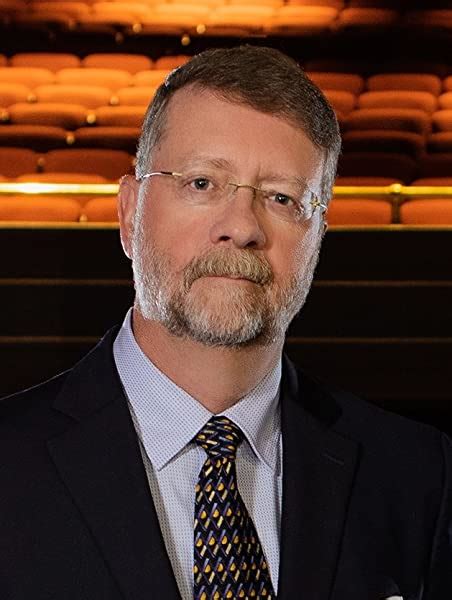A Quote by B. Joseph Pine II
Experiences are as distinct from services as services are from goods.
Quote Topics
Related Quotes
I have read a great deal of economic theory for over 50 years now, but have found only one economic "law" to which I can find NO exceptions: Where the State prevents a free market, by banning any form of goods or services, consumer demand will create a black market for those goods or services, at vastly higher prices. Can YOU think of a single exception to this law?
Free election of masters does not abolish the masters or the slaves. Free choice among a wide variety of goods and services does not signify freedom if these goods and services sustain social controls over a life of toil and fear – that is, if they sustain alienation. And the spontaneous reproduction of superimposed needs by the individual does not establish autonomy; it only testifies to the efficacy of the controls.
Like gold, U.S. dollars have value only to the extent that they are strictly limited in supply. But the U.S. government has a technology, called a printing press (or, today, its electronic equivalent), that allows it to produce as many U.S. dollars as it wishes at essentially no cost. By increasing the number of U.S. dollars in circulation, or even by credibly threatening to do so, the U.S. government can also reduce the value of a dollar in terms of goods and services, which is equivalent to raising the prices in dollars of those goods and services.
Classical economics values things by seeing how much someone will pay for them. But this is where classical economics is wrong. What it fails to account for are all the 'externalities' - the services people regard as free goods: pollination services, flood protection, climate regulation, soil stabilization, carbon sequestration.
Throughout history governments have been chronically short of revenue. The reason should be clear: unlike you and me, governments do not produce useful goods and services that they can sell on the market; governments, rather than producing and selling services, live parasitically off the market and off society.
Anybody who can afford a box of business cards can afford a Web site. Any company with an 800 number can move its services to the Web for peanuts by comparison. The extreme case of corporate promotion is to strip away all other aspects of your business and sell goods or services via the Net alone, as amazon.com has done with books.
The role of business is to provide products and services that make people's live better - while using fewer resources - and to act lawfully and with integrity. Businesses that do this through voluntary exchanges not only benefit through increased profits, they bring better and more competitively priced goods and services to market. This creates a win-win situation customers and companies alike.


































